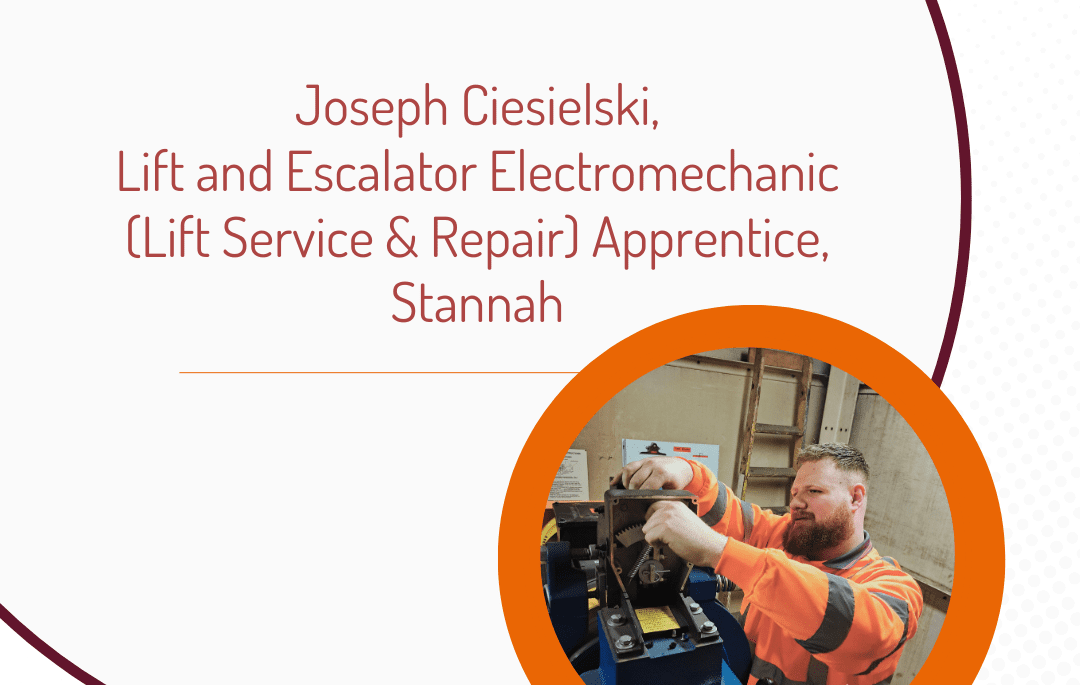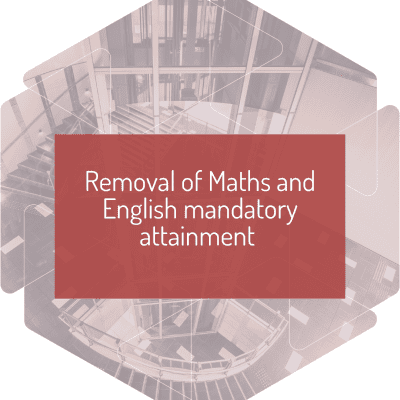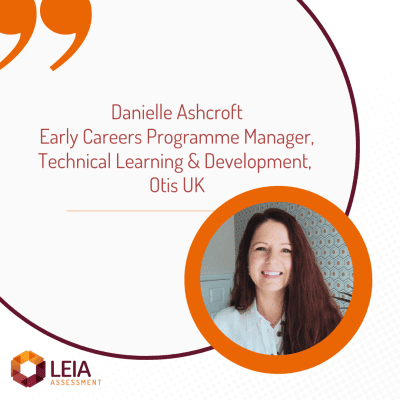As the lift and escalator industry evolves, apprenticeships can open valuable career pathways. After facing redundancy during COVID-19, Joseph Ciesielski refused to let this setback define his career. Instead, he actively sought new opportunities, discovering the lift industry, and joining Stannah’s apprenticeship scheme. Three years on he has completed his Lift and Escalator Electromechanic apprenticeship, becoming the first apprentice in the country to receive a distinction grade in his end-point assessment. Now assigned to the North Wales service and callout route, Joseph handles everything from planned maintenance to emergency repairs. We caught up with him to find out what the apprenticeship involved and his plans for the future…
What drew you to pursue an apprenticeship, and how did you learn about it?
I was already doing an apprenticeship in engineering, but in a different industry, and during Covid-19 I was unfortunately made redundant. Instead of giving up, I immediately got myself online and looked for opportunities, Stannah showed up in my search results. I did some research and decided that a Lift Engineer would be an interesting career and applied. I’ve never looked back since.
What does your typical day involve? What kind of responsibilities and tasks do you have?
As I am now qualified, I have been given the North Wales service and callout route. Day to day I will attend planned maintenance jobs on a variety of lift products, including elevators, platform lifts and stair risers etc. I respond to any breakdowns or callouts that occur throughout the day in between my servicing. This means that my workload is always changing, and always feels different day to day. I also take part in the out-of-hours callout rota. This has allowed me to experience many more types and brands of lift products and further enhance my fault-finding abilities.
What was the most challenging aspect of your apprenticeship so far, and how did you overcome it?
The most challenging aspect of the apprenticeship was the variety of products you are expected to work on; every product has its own little quirks and way of doing things. In the beginning, the task of learning about these differences can feel overwhelming. However, with time you become comfortable and familiar and begin to feel a sense of achievement when attending and working with these products.
How did you find the combination of practical work experience and classroom learning?
During my apprenticeship, Stannah had a great blend of both on-site and in-classroom learning. The dedicated training centre in Andover really allowed me to hone my skills and ask questions about anything I was unsure of. The talented engineers I worked with have undoubtedly helped me become the engineer I am today.
What support have you received from your employer throughout your journey? Do you have a mentor for example?
During my apprenticeship, the support has been amazing, not only from the engineers and training staff I work with, but from management and admin staff who work together to ensure my jobs are booked in and that I have places to be. During my apprenticeship, the apprentices were given a separate manager who had plenty of time to address any issues I may have had and offered support for anything related to work and home life.
Can you tell us about a project or achievement you’re particularly proud of during the apprenticeship?
My proudest achievement to date is being the first apprentice in the country to achieve a distinction grade overall in the end-point assessment. This wouldn’t have been possible without everyone who supported me, both at Stannah, and those who contacted me from LEIA. Everyone made the process incredibly stress-free which no doubt had a positive impact on my final result.
How did you find the end-point assessment process? What resources have were most helpful?
I felt as though the end-point assessment was run incredibly well. I had many resources given to me that laid out the process and explained to me in detail what was expected of me as a learner. Everyone I interacted with was very supportive and professional, and quick to respond to any questions. I never once felt that I didn’t know what the next steps were and the overall experience was kept as stress-free as possible.
What skills or qualities would you say are essential for someone considering a lift and escalator apprenticeship?
The main skill for me is the ability to speak to anyone; whether that be fellow engineers who are training you on-site, training staff who help you within the classroom, or members of the public who often ask questions regarding your work and how it affects them.
The ability to communicate with everyone professionally and politely has always benefited me. I’ve built great work relationships with fellow engineers and I always have someone to speak to.
How do you see your career progressing after your apprenticeship?
I am currently working on the North Wales service and callout route. I intend to make a positive impact in this area, keeping breakdowns to a minimum and fixing lifts promptly. I would love the opportunity to progress onto my NVQ level 4 and look at working towards becoming a Lift Tester in years to come.
What advice would you give someone interested in starting an apprenticeship in the industry?
Do it!
The lift industry has provided me with opportunities no other engineering discipline would have. The workload is varied and the progression opportunities are endless.
I just wish that I had done it sooner! 🤣
Interested in an apprenticeship? Take a look at the Lift Careers site for details on companies hiring apprentices.




